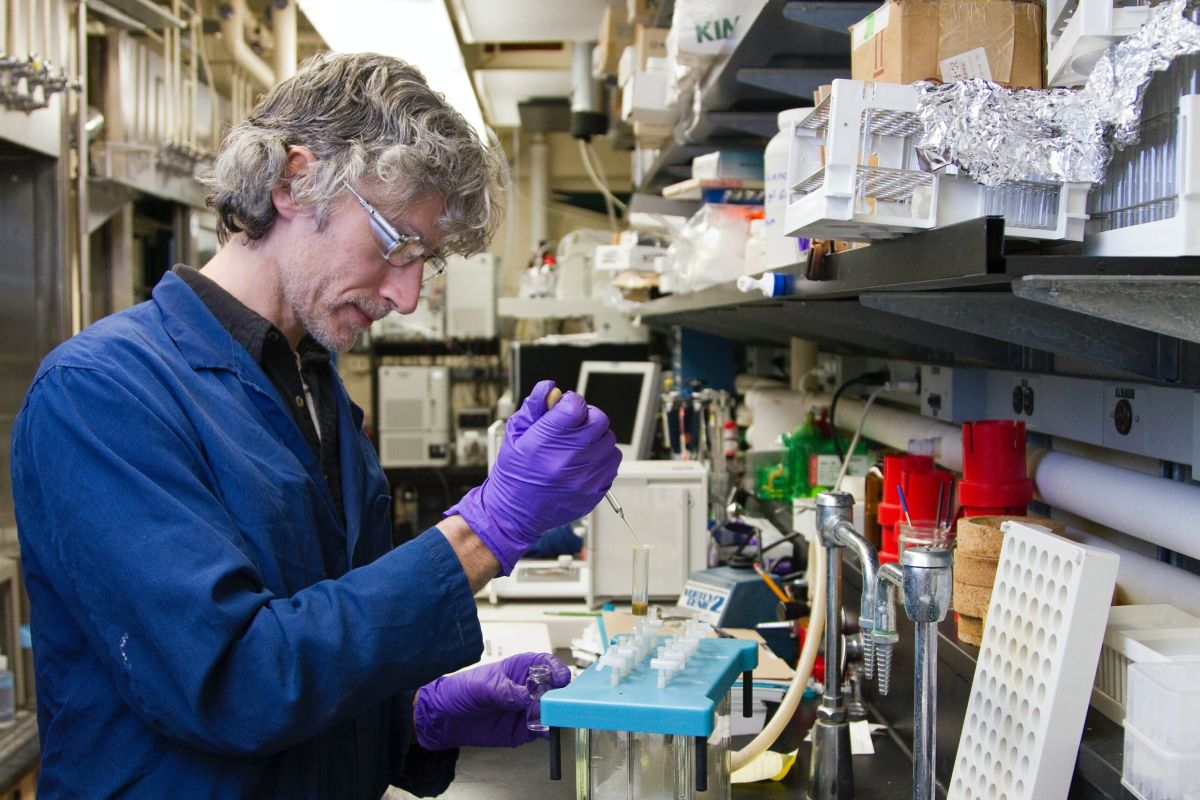New blood test could revolutionise cancer treatment
By Emma Breslin

The NHS launched a trial of a simple blood test that could identify more than fifty different types of cancer before a patient begins to display symptoms or signs.
The Galleri blood test aims to check for the earliest signs of cancer in the blood, particularly those cancers which are often very difficult to detect early- such as head, neck, bowel, lung, pancreatic, and throat cancers. The identification of cancer at its earliest stages results in the identification of cancer at its most treatable stage.
A company called GRAIL Bio UK makes the Galleri blood test, which is not yet available outside of this clinical trial. Simon Stevens, the NHS chief executive, announced in 2020 that the test had the potential to be a ‘game changer.’
The British Medical Journal highlights that by next year NHS England is to report the results from the major trial of the test involving 140,000 participants. NHS chief executive, Amanda Pritchard, said
What does the Galleri blood test look for?
The Galleri blood test looks for any abnormal DNA in the blood. All blood contains DNA, released by the cells in our body. However, there is a chemical difference between healthy cells and cancerous cells.
The test uses genetic sequencing to detect these chemical changes, searching for “fragments of genetic code-cell-free DNA (cfDNA) that leak tumours into the bloodstream.” It will also be able to predict where the cancer signal has originated from in the body, allowing medical professionals to allocate the site of the cancer and treat it quickly.
The NHS screening trial
The NHS trial recruited individuals between the age of 55 and 77 to take part. Participants had to have either not been diagnosed with cancer, or not been treated for cancer in the last three years. Everyone taking part in the trial had three blood tests over the course of two years.
Out of the 6621 adults included in the study, the results of which were announced at the European Society for Medical Oncology Congress in Paris on 11 September 2022, 6529 participants tested negative for having any potential cancer. Tests on 92 participants (1.4%) flagged a ‘potential cancer.’
It is important to note that just because some participants flagged signs of potential cancer, this did not mean that they definitely had cancer. Any positive results were further investigated by specialists.
The conclusion of these examinations was that 35 people had confirmed tumours or blood cancer following their participation in the clinical trial. This suggested that the Galleri test increases the chances of identifying cancers in their earliest stages, stages one and two before cancer became metastatic and terminal.
The NHS writes how detecting cancer in its earliest stages enables the offering of “a broader range of treatment options […] which can be curative and are often less aggressive.” Further to this, the NHS states that a patient whose cancer is detected at the earliest stage “typically has between five and ten times the chance of surviving compared with those found at stage four.”
Causes for concern
Professor Peter Sasieni, Director of The Cancer Research UK and King’s College London Cancer Prevention Trials Unit, stated that, “we need to study the Galleri test carefully to find out whether it can significantly reduce the number of cancers diagnosed at a later stage.”
Some experts claim that screenings like the Gallier Test will just promote unnecessary anxiety and worry in patients who display positive cancer signs after the examination. They argue that it can lead to ‘unnecessary follow-up tests’ for early-stage cancers that might ‘never advance enough to require treatment.’ This only serves to incite anxiety among patients and medical professionals, as well as take up resources and time.
Paul Pharoah, professor of cancer epidemiology at the University of Cambridge said, “of the 92 abnormal tests only 35 turned out to be cancer so that means a lot of people were investigated for something they did not have.”
Telling patients who partook in the clinical trial that they had a positive screening, before asking them to wait prolonged periods of time for further investigations that invalidated the initial result, could be considered unfair and morally wrong.
Shivan Sivakumar, a hepatopancreatobiliary oncologist at Oxford University Hospitals NHS Trust, discussed how the Galleri test might not be “a good use of money.” He argues whether other methods of cancer screening could have picked up the same results as the Galleri test.
The identification of cancers, such as colon, prostate, or breast cancers is usually very advanced and is detected by other methods of screening. However, Sivakumar argues that if “upper gastrointestinal cancers, such as pancreatic, or gynaecological” were being identified at their early stages by the test, then this would be beneficial since these cancers do not produce symptoms until they are metastatic.
Margaret McCartney, a GP in Glasgow, has argued against the promotion of such tests. She argues that there are already extreme backlogs of symptomatic people needing to be investigated and that the production of false positives from the Gallier test will only add further pressure to these huge queues.
We may have to wait until the accuracy, reliability, and ethical problems surrounding the Gallier Test are properly investigated before we know whether such clinical trials are useful and beneficial to patient survival.







